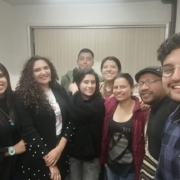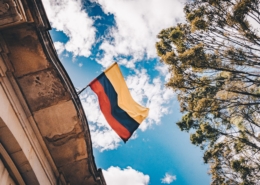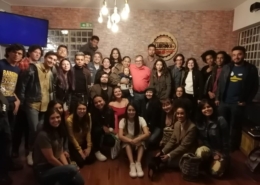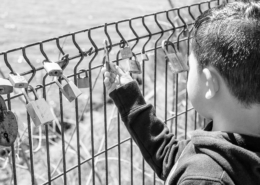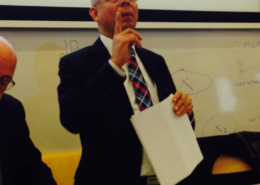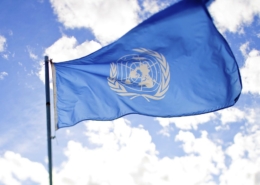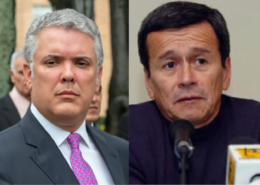May 8 / 2020
“Here in Southern Colombia we enjoy weaving hats, we like to weave blankets, we like to weave the ruana […]. For our [local] worldview and language, more than building peace, we are weaving it.”
Harvey Criollo, member of Embrace Dialogue Pasto
Pasto, the capital of Nariño, is located in Southwest Colombia, right next to Ecuador. Pasto is well known in the historical narrative of Colombia’s independence, for fighting against the liberation army of Simón Bolívar. Indigenous, Afro-Colombians, and mestizos fought to maintain the monarchy, a system that promised more possibilities of maintaining their collective territories. This resulted in an event known as the “Black Christmas”, when on 24 December 1822 there was a massacre of numerous opponents of Independence. After these violent events, Pasto saw a period of relative peace that lasted more than a century. However, in recent decades, the city has seen a return to violence and armed groups. It has also experienced mass migration from conflict-torn regions like Tumaco and Putumayo. Nowadays there are more than 96.000 victims of the armed conflict trying to make a living. In the last twenty years, Pasto and Nariño have had progressive governments that have attempted to consolidate a regional peacebuilding agenda.
Embrace Dialogue Pasto (Rodeemos el Diálogo Pasto – ReD Pasto) began in 2018. ReD Pasto decided to work with a regional peace focus to contribute to the implementation of the 2016 Peace Agreement between the FARC and the Colombian government.
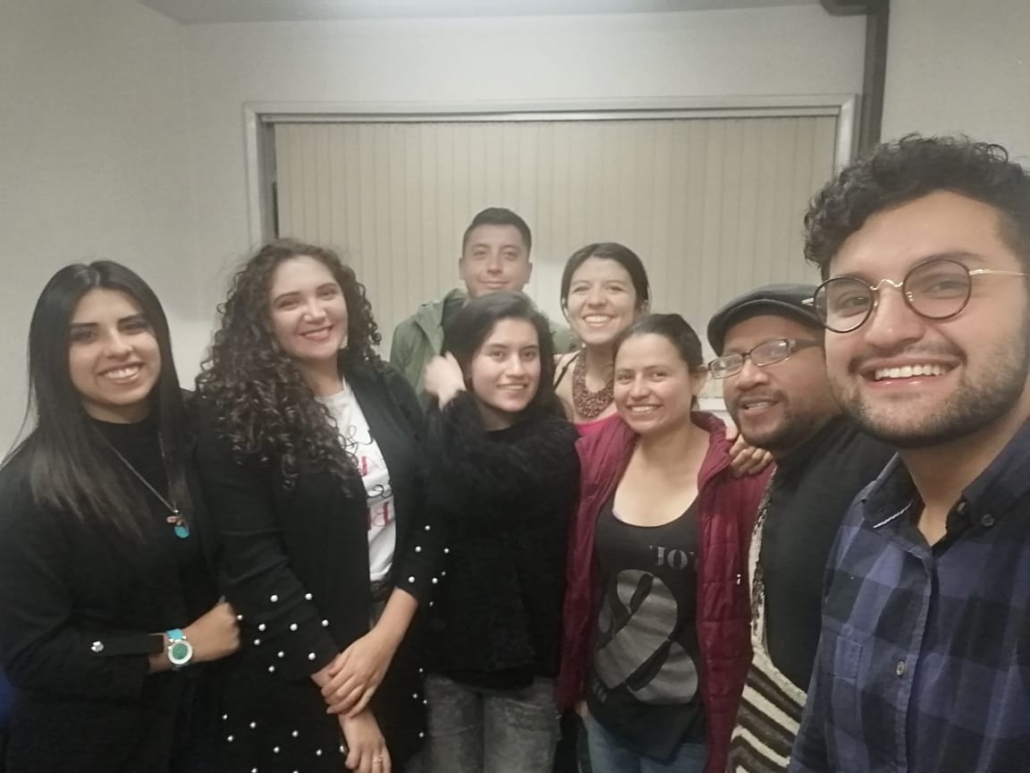
ReD Pasto began to work with MEMPAZ, a project that articulates the three chapters of Embrace Dialogue in Colombia: Cali, Bogotá, and Pasto. MEMPAZ, led by the University of Bristol and the Institute of Political Studies and International Relations (IEPRI) at the Universidad Nacional de Colombia, focuses on marginalised memories, working with organisations that lead reconciliation and reparation processes. Within this project, ReD Pasto organised four pedagogical modules that sought to promote peacebuilding, highlighting truth as a public good.
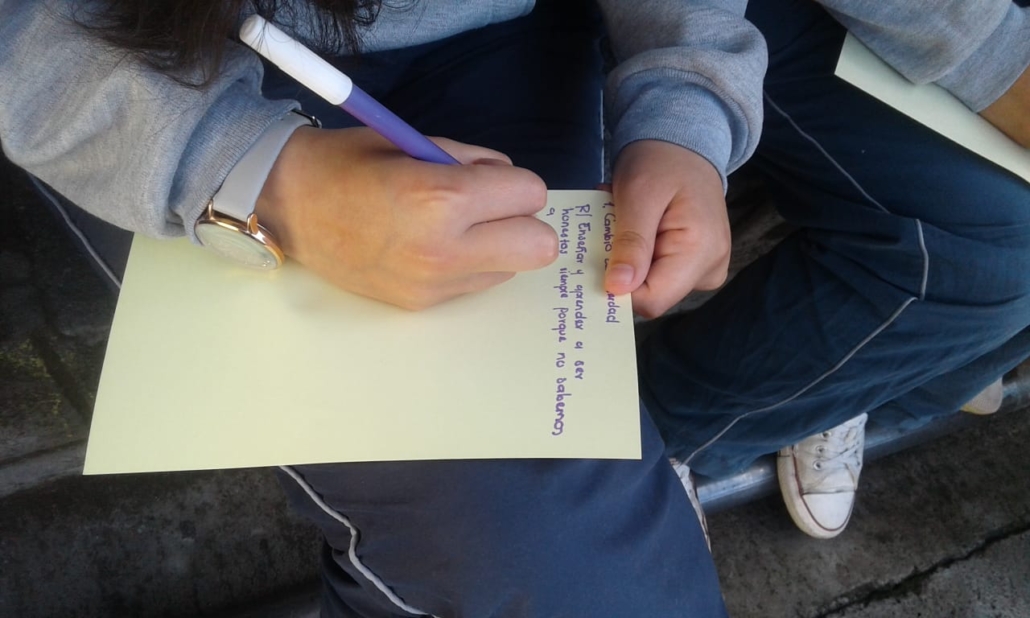
ReD Pasto articulated its work with the Municipal Innovative Education Project for Knowledge and Alternative Education (Proyecto Innovador Educativo Municipal para los Saberes y la Alternatividad – PIEMSA), a project for peace pedagogy that was being developed by the Municipal Education Secretariat. Moreover, ReD Pasto created an alliance with Simana, the teachers’ union of Nariño, sharing the MEMPAZ project with 40 of its members.
ReD Pasto selected eight schools, giving priority to those located in city districts with high rates of violence and elevated presence of victims of the armed conflict. Around 250 students were able to participate in the MEMPAZ modules, and each school had the support of one of the Simana teachers.
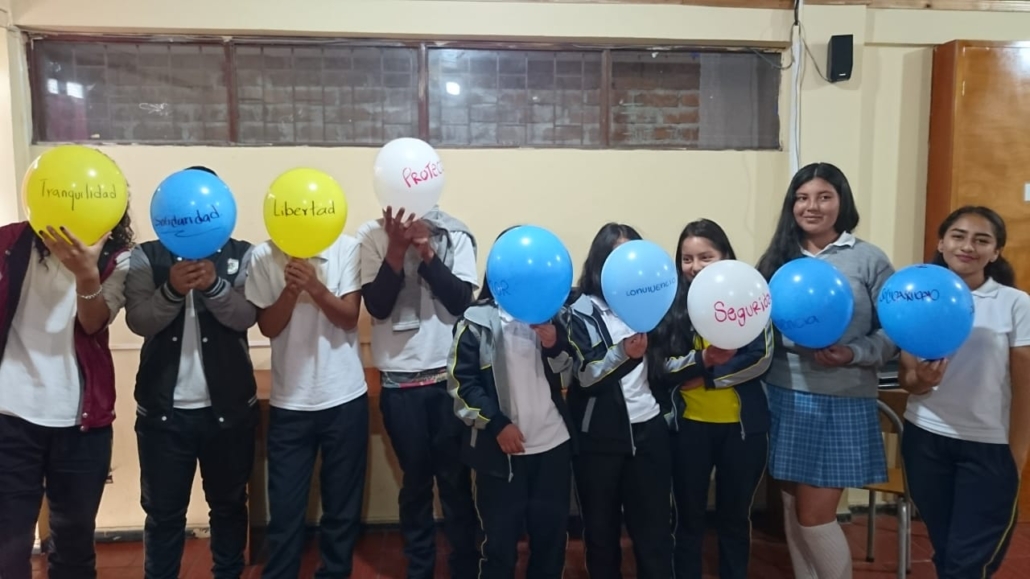
In 2020, one of the challenges of ReD Pasto is to tailor the contents of MEMPAZ modules to better suit different groups in the region. The aim is to adapt the content to the feelings and rhythms of the Pasto region and to reflect on the type of violence suffered in the city. The group also aims to create modules that are differentiated according to the ages of the young people that participate. This process of tailoring is precisely why the weaving of peace is relevant; it is a concept that helps to translate the aim of ReD Pasto into the regional logics.
The plan for 2020 is to strengthen the team, both in their local and regional levels. To this end, new members have arrived, proposing ideas to improve their projects. Sebastián Mutis, ReD Pasto’s coordinator since February 2020, has worked on linking with the Truth Commission in Nariño, and an important step will be an exchange of experiences in peace pedagogy.

